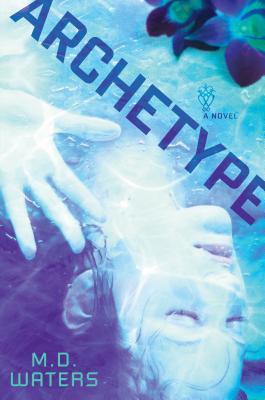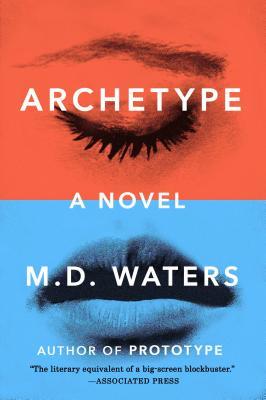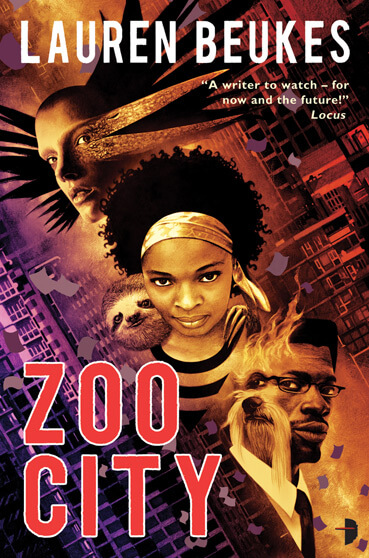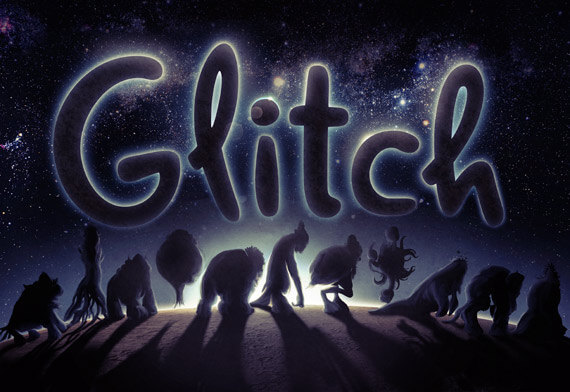Violent political realities in Sierra Leone and their lasting physical and psychological traumas form the backdrop of Michael Wuitchik’s gritty debut My Heart is not My Own. neck.
|
|
“Don’t you tell him, that voice sounding very much like mine tells me. Lie. Lie your goddamn ass off…
Men in white lab coats and gray scrubs drive into the room the second I start to convulse. And yet, I continue to try. I have to overcome this. I want to go home.
I told you to lie, She says coolly. You don’t understand yet, but you will.
I only understand that I am at war with myself, and I do not know why. One way or another, I will win.“
– Archetype, MD Waters
When she opens her eyes into the glaring light of a hospital room, Emma Burke has no idea where she is—or even who she is. And it’s only after intensive therapy and visits from her doting husband Declan that she begins to understand that she is a wife who has been through an ordeal too terrible to describe. But in MD Waters’s future dystopian debut Archetype, nothing is as it seems. This pageturner blends the amnesiac suspense of SJ Watson’s Before I Go to Sleep with the fertility-challenged future patriarchy of Margaret Atwood’s The Handmaid’s Tale and a dash of Philip K. Dick’s “We Can Remember it For you Wholesale” (the basis of the Total Recall films).
How well it manages to do so is the question. Emma is plagued with nightmares (or are they memories? Visions?) of a life that doesn’t fit the picture Declan paints for her—especially of another man she seems to have intense feelings for and a revolution in which she is a warrior. She lives in a society where too much genetic modification has caused a plague of infertility and a shortage of women in general, where girls are brought up in facilities that train them to be wives. America is in the throes of a Man in the High Castle–like war, and security cameras are pushing 1984 levels of intrusiveness. There’s a lot going on in Emma’s life, not the least of which is how she can figure out who she is, if she doesn’t remember who she used to be (and if the memories she does have don’t fit the life she sees before her).
Through Emma’s innocent eyes (and for some reason, her inability to use contractions in sentences even though everyone around her uses them), we are able to explore the world she is mired in: the subservience of the women, the advanced nature of the biological sciences. The descriptions are vivid, and Emma’s limited point of view allows Waters to reveal the plot in tantalizing fragments. As Emma runs up against the boundaries carefully set around her by Declan and the scientist overseeing her recovery, Dr. Travista, she uncovers inconsistencies in their story. And she has a voice in her head, whom she refers to as Her, that is trying to push its own agenda. Is Emma some kind of revolutionary? And who is the strange man she is in love in this alternate life she can only remember in snatches?
While it’s clear that Declan is not all he seems, he’s never reduced to a one-note villain. Emma’s complex, at times tragic feelings for him, which are complicated by the man in her dreams, are compelling. This mysterious dream man Noah is less interesting, and her dream best friend Foster isn’t a fully conceived character. The glimpses of her brutally oppressive past are some of the most interesting moments in the book, but they take a backseat to the male characters and her immediate predicament.
What is jarring here is the tone the book goes for. Emma’s voice is strong and well crafted, but with its emotional, first person present tense, very me-centric point of view, its dystopian elements, and its well-defined love triangle, this book feels extremely Young Adult. And yet Emma is 26, and she has a lot of sex with her husband throughout the book. That sex, too, is problematic. This is a woman who is told she has been brutally attacked, and who falls in love with a man who is manipulating her into his bed, and not enough time is spent exploring these knotty issues. The focus instead is on how tough it is to decide between two equally hot, equally dangerous guys. And because Emma’s point of view is so limited, we don’t get much plot beyond her immediate dilemma of who she is and what she should do next. Everything is about her, leaving the plot feeling a bit shallow. This book is reaching for a crossover audience but missing the mark: YA readers will find it absorbing because it reads like YA, but that voice, and the fact that the plot is singular and unbranching, with less time spent on worldbuilding and more on the love triangle, means this book won’t resonate as well with readers of adult thrillers or sci-fi. (Edit: Archetype has been reissued with the cover on the right at the top of this post, which pushes the dystopian themes and minimizes the YA sensibilities of the first cover.)
While at times the book lapses into cliché, Waters does interesting things with old speculative tropes. The big reveal of Emma’s true identity isn’t that surprising, and yet, the book uses its old themes in new ways, creating a fast-paced, action-packed thriller that also poses some interesting questions about the nature of memory and the soul. I just wish it pushed further and tried to do more with these themes.
While this isn’t as inventive and breathtaking as the advance buzz made me imagine, and while the tone was far more coming of age than hard science fiction or gritty dystopian survival, Archetype is nonetheless highly readable—and I’m most curious to see if some of my issues will be resolved when Prototype completes the story arc. Just as it’s an experiment in crossover fiction, this book is also an experiment in serial-like publication. Archetype ends on a cliffhanger, and you only have to wait six months: its sequel Prototype will publish in July 2014.
two and a half out of five blue pencils
Archetype by MD Waters, published in Canada by Dutton, © 2014
Available at Amazon, Indigo, and at fine independent bookstores everywhere via Indiebound.
Book provided to me by Penguin Canada in exchange for a fair review.
You might also like:





